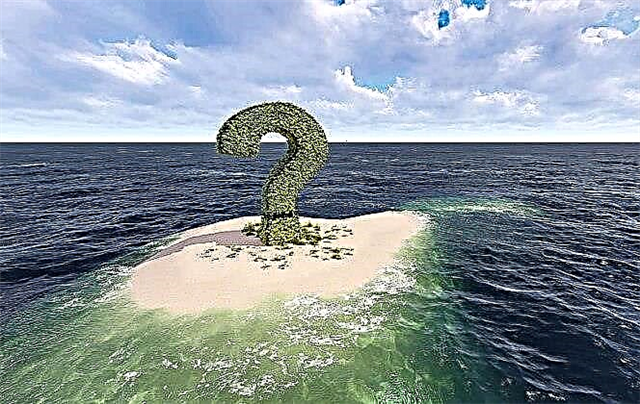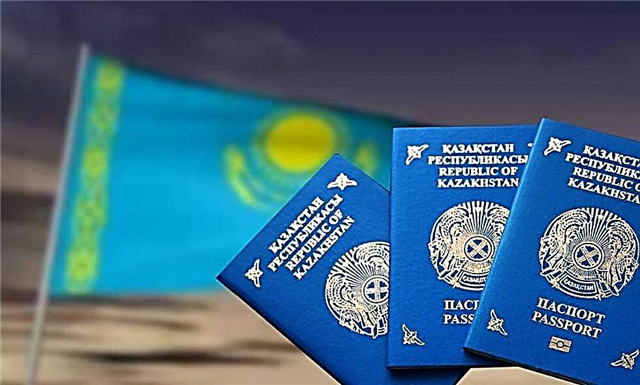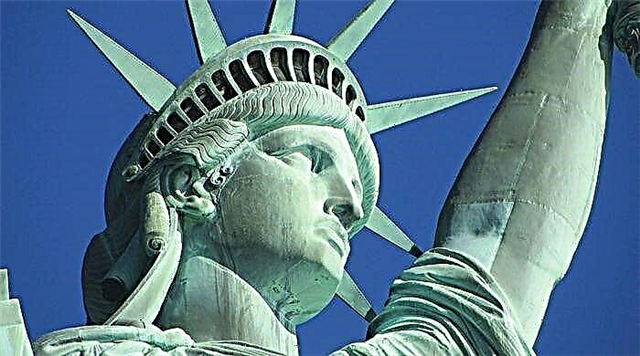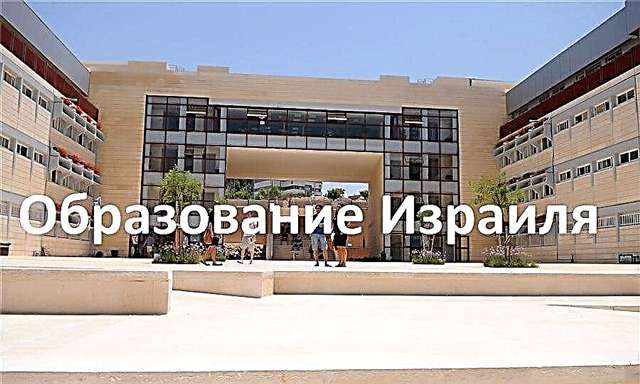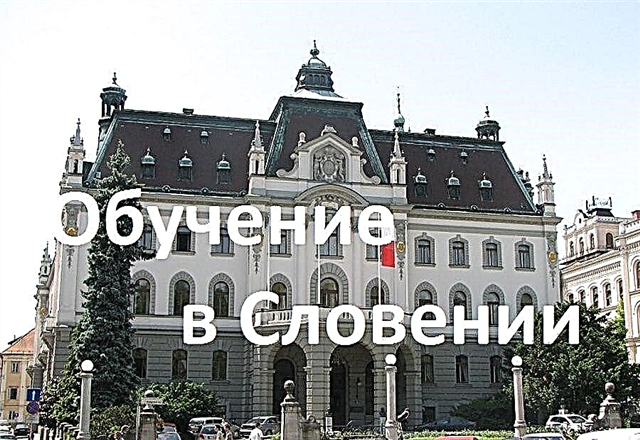Despite the extremely small size of the state, education in Slovenia is carried out at a high level, and university graduates easily find work in the countries of the European Union.
The government of the republic invariably adheres to the policy of comprehensive development and improvement of the educational base. About 6% GDP is spent annually on the creation and equipping of research laboratories and libraries at universities. The main focus is on developments in the field of robotics, biocybernetics, and molecular biology. In addition, world-renowned scientists regularly conduct lectures and practical classes in universities.
The educational process in Slovenia is conducted according to the standards of the Bologna system. Graduates of the country's universities receive a diploma recognized throughout the world. For foreign students, a residence permit is issued for the period of study. This makes it possible to work in the course of study without issuing an additional permit. Upon graduation from the university, the residence permit is extended for another 6 months so that graduates have the opportunity to find work in the country.
Studying at universities in Slovenia greatly facilitates the procedure for obtaining citizenship. Each year of study will be counted as 2 years of residence. Thanks to this, after graduating from the university, graduates have not 5 years of residence in the country, which are necessary for obtaining citizenship, but more than 10.
University education
Studying at universities in Slovenia can last from 4 years or more. Students wishing to obtain a doctoral degree will need about 8 years, subject to admission to a university based on secondary education.

Classes begin on October 1 and continue until July. The educational system in universities consists of 4 stages:
- Engineer Diploma;
- Bachelor's degree;
- Master's degree;
- Doctorate.
Acting ministers, successful entrepreneurs, advisers working for the government, and famous professors from other countries are invited to give lectures. The educational process is divided into theoretical and practical parts. For self-study, students are provided with presentations and materials in digital format, recorded by leading scientists, libraries rich in scientific materials and archival documents.
The deadlines for submission of documents are divided into 3 streams:
- From February 5 to May 5;
- August 21-28;
- From 1 to 5 October.
For applicants from other countries, 1 and 3 streams are allocated.
Grades of higher education
You May Also Like
There are 3 state and more than 40 commercial universities in Slovenia. Teaching standards and requirements for the educational process are unchanged for all universities in the republic. Among other things, there are successfully business schools (colleges) in Slovenia, which provide an opportunity to obtain higher specialized education with an inzenir diploma.
Stages of education:
- Education program engineer possibly both in college and in a separate department of the university. The training takes 3-4 years and is focused on obtaining effective skills in the chosen profession and practical work;
- For a degree bachelor 3-6 years of study are required, depending on the chosen faculty. Before receiving a diploma, students must defend their scientific work without fail. Graduates with a bachelor's degree can work as qualified specialists or continue their studies at the next stages;
- The third degree of education in the universities of Slovenia - study in magistracy... The training takes 1-2 years. The master's degree becomes available after obtaining the bachelor's degree. The final stage of training is the defense of a dissertation and obtaining a master's degree in natural or human sciences;
- The next step of learning is getting doctoral degree... Students who graduated from the magistracy can apply. Duration of training is 4 years.
University admission conditions
In most of the universities, education is conducted in Slovenian or English. At the same time, there is no language exam for admission to the first year of a bachelor's degree. When moving to the next course, you will already need to confirm your knowledge of the language. Some universities in Slovenia practice Russian-language education for the first year.
On a note! For those students whose native language is Russian, it is preferable to choose education in Slovenian, since it is much easier to master it than to bring up the knowledge of English to the required level.
There are no university entrance exams. The exceptions are:
- Creative programs;
- Pedagogy;
- Journalism.
Enrollment is based on school performance. In some cases, the administration of the university may ask to confirm knowledge of certain subjects of the school curriculum or to carry out the procedure for nostrification of documents.

Admission to the bachelor's program is possible with basic secondary education. For applicants from the CIS countries, the confirmation is a school certificate or a diploma of a technical school.
For the admission of foreigners, the number of free places is limited, so the competition is very high. Applicants who have higher marks in the school certificate are enrolled.
Documents for admission
You May Also Like
It is best to submit documents in the first stream. This greatly increases the chances of admission. In the second stream, you will have to limit yourself to the remaining places.
The package of documents for admission may not be submitted in full. If at the time of filing the application the certificate is not yet available, it is sent later, after receiving.
For admission you will need:
- Application form for admission;
- Copy of your passport;
- School leaving certificate;
- Package leaflet with final grades.
It is allowed to submit documents simultaneously to 3 faculties.
Student visa
To travel to study in Slovenia, the applicant will need a permit from the migration service. For this purpose, a student visa is issued.

To obtain permission, you must contact the Slovenian consulate. Registration requires a personal visit to the embassy, the collection of a certain package of documents and, if necessary, an interview with a consular officer.
The package of documents for a student visa includes:
- Home country passport;
- International passport;
- A completed application form;
- University enrollment document;
- Letter of invitation (optional);
- Insurance policy;
- Bank statement on the state of the account;
- Summary.
The time for consideration of the application largely depends on the workload of the consulate and the time for checking the submitted documents. To avoid any overlaps in the timing of departure and issuance of a visa, it is better to take care of collecting documents in advance, 1-2 months in advance.

Cost of education
Tuition fees directly depend on the prestige of the chosen university and profession. In addition, the training program influences the cost. Public universities do not really stand out in terms of payment from commercial ones.
| Training program | Cost, euros per year |
| Undergraduate | 1500-3000 |
| Master's degree | 2200-3000 |
| Doctorate | 2500-3000 |
Free education
Only students who are citizens of the country or have permanent residence can study for free in Slovenia. Free education is not available for foreigners. Exceptions are EU citizens or exchange students.
Scholarships and grants
Students from countries that have signed a bilateral agreement and participate in exchange programs, including Russia, can apply for scholarships. Only students who already have a completed bachelor's degree program and are enrolled in a master's or doctoral studies can receive assistance. The maximum age of an applicant for a scholarship cannot be more than 35 years old.
Monthly payments to students are from 200 to 220 euros. In addition, free insurance is issued for the student.
Only students with excellent academic performance are eligible for scholarships. They have the opportunity to receive a state scholarship distributed by the Center for the Support of the Mobility of European Programs CMEPIUS or the Science and Education Foundation Ad futura... A research and education foundation usually provides support to students participating in research programs.
To get the grand you need:
- To get acquainted on the website of the university with the available offers;
- Send the questionnaire to a suitable organization;
- Attach your own research or publications to the questionnaire.

Internship and exchange programs
Students of Slovenian universities have access to unhindered travel to the countries of the European Union. All major universities actively participate in student exchange programs with almost all European countries. Thus, students of higher educational institutions of the republic can apply for an exchange trip or internship in another European state.
Accommodation and meals for students
A room in a student dormitory will cost from 100 to 300 euros per month. It is quite possible for a student to live normally 400-500 euros per month, including food and accommodation. There are good discounts on travel and meals for all students.
Free hostel is provided only for students participating in exchange programs.
Students have the right to work only on vacations. During school hours, part-time work is prohibited.
Top Universities
State-owned universities in Slovenia can certainly be attributed to the best universities in the country:
- University of Ljubljana - the largest and oldest university in the country, located in its very “heart”. Ranked in the top of the best universities in the world according to ARWU... He is a member of various research organizations around the world. Has bilateral agreements and participates in student exchange programs with more than 100 universities in different countries;
- University of Maribor - the next most important in Slovenia. Recognized as the best university in Europe according to TIMES... Refers to autonomous research institutions;
- Primorsky University - the youngest state university in Slovenia. Located in the west of the country, on the Adriatic coast, in the city of Koper. Upon graduation, graduates receive a diploma with applications in two languages.

Top Universities Table
| Name | Year of creation | Number of faculties | Number of students | Official site |
| Univerza v Ljubljani Lubyana University | 1919 | 23 | 60 000 | uni-lj.si |
| Univerza v Mariboru University of Maribor | 1859 | 17 | 15 000 | um.si/Strani/default.aspx |
| Univerza na Primorskem Primorsky University | 2003 | 7 | 5400 | www.upr.si |
Reviews
syuri51: “My daughter entered the Primorsky University in 2017. I prepared all the papers myself. It turned out that an apostille is not required, since there is a bilateral agreement between Slovenia and Russia. I went to the university website, found a consultant's number, which you can contact by phone. I discussed with him all the nuances of filing documents. I sent the specified set to the consultant, and he himself made the nostrification in the commission under the administration. I sent confirmation of admission by express mail and, surprisingly, provided all services absolutely free of charge. "
Alexandra: “I study at the University of Ljubljana. Received in 2016. Apostille was not required, but I had to present documents from the Moscow Institute that I entered and successfully passed the exam after the first year. This was required only because the selection committee did not believe that in our country a complete secondary education lasts 11, not 12 years. In general, this was the only problem with admission. "
Studying at universities in Slovenia is considered one of the most acceptable for applicants from the CIS countries. In addition to the fact that the Slovene language is quite easy for Russian-speaking students, they receive a lot of benefits during their studies and excellent prospects after graduation. The undoubted advantages include the ability to freely travel to the EU countries, to participate in student exchange programs and internships.


